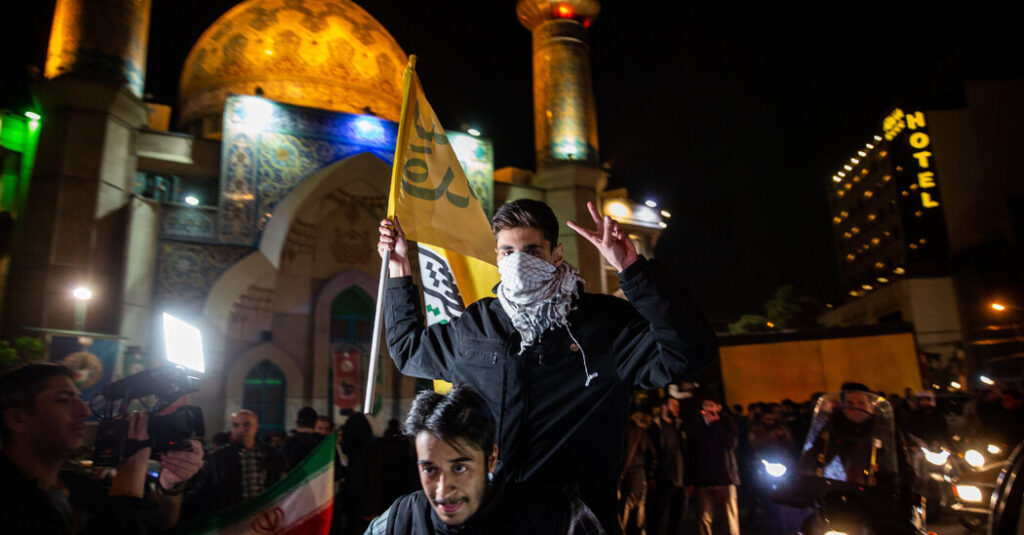Senior U.S. and Iranian officials held talks through an intermediary in Oman last week, a person familiar with the matter said, the first such meeting since Iran launched retaliatory strikes against Israel last month with hundreds of missiles and drones. talks.
The talks in Oman were attended by senior White House Middle East policy official Brett McGurk and deputy special envoy for Iran Abram Paley. The goal is to try to get Iran, which supplies weapons and training to militias across the Middle East, to take action to control its partners. Since the war between Israel and Hamas began, some Iran-backed militia groups in Iraq and Syria have stepped up attacks on U.S. forces, raising concerns about a wider war.
The most powerful regional militia, Lebanon-based Hezbollah, has been fighting Israeli forces in northern Israel and southern Lebanon. However, U.S. intelligence officials assess that neither Hezbollah nor Iran want to become involved in a wider war.
The United States and Iran have not had diplomatic relations since 1979, and discussions between the two sides are often conducted through intermediaries and secret channels. The format of the talks in Oman is similar to those in January: Americans sit in one room, their Iranian counterparts in another, and Omani officials shuttle between rooms. Axios first reported the new set of talks.
Last month, after Israel launched an attack on the Iranian diplomatic residence in Damascus, killing General Mohammad Reza Zahedi, commander of Iran’s Quds Force, Iran launched more than 300 missiles and drones in retaliatory attacks. Iran equated this with an attack on Iranian territory and responded with its first direct attack on Israeli territory.
U.S. and Israeli forces, working with the forces of several European and Arab allies and partners, thwarted the attack.
Israel has been fighting Iranian forces and partner militias in Syria for years, and the Syrian government is allied with Iran. This “shadow war” has now become an open conflict.
“The threat that Iran and its proxies pose to Israel, regional stability and U.S. interests is clear,” White House national security adviser Jake Sullivan said at a news conference this week.
“We are working with Israel and other partners to protect our people and defend our country through a calibrated combination of diplomacy, deterrence, force posture and the use of force when necessary to guard against these threats and prevent escalation into a full-scale regional war. Safety.
Sullivan is expected to travel to Saudi Arabia and Israel this weekend to discuss issues related to Israel’s war with Hamas. a potentially broad diplomatic and security deal involving the United States, Saudi Arabia and Israel; and the threat from Iran.

